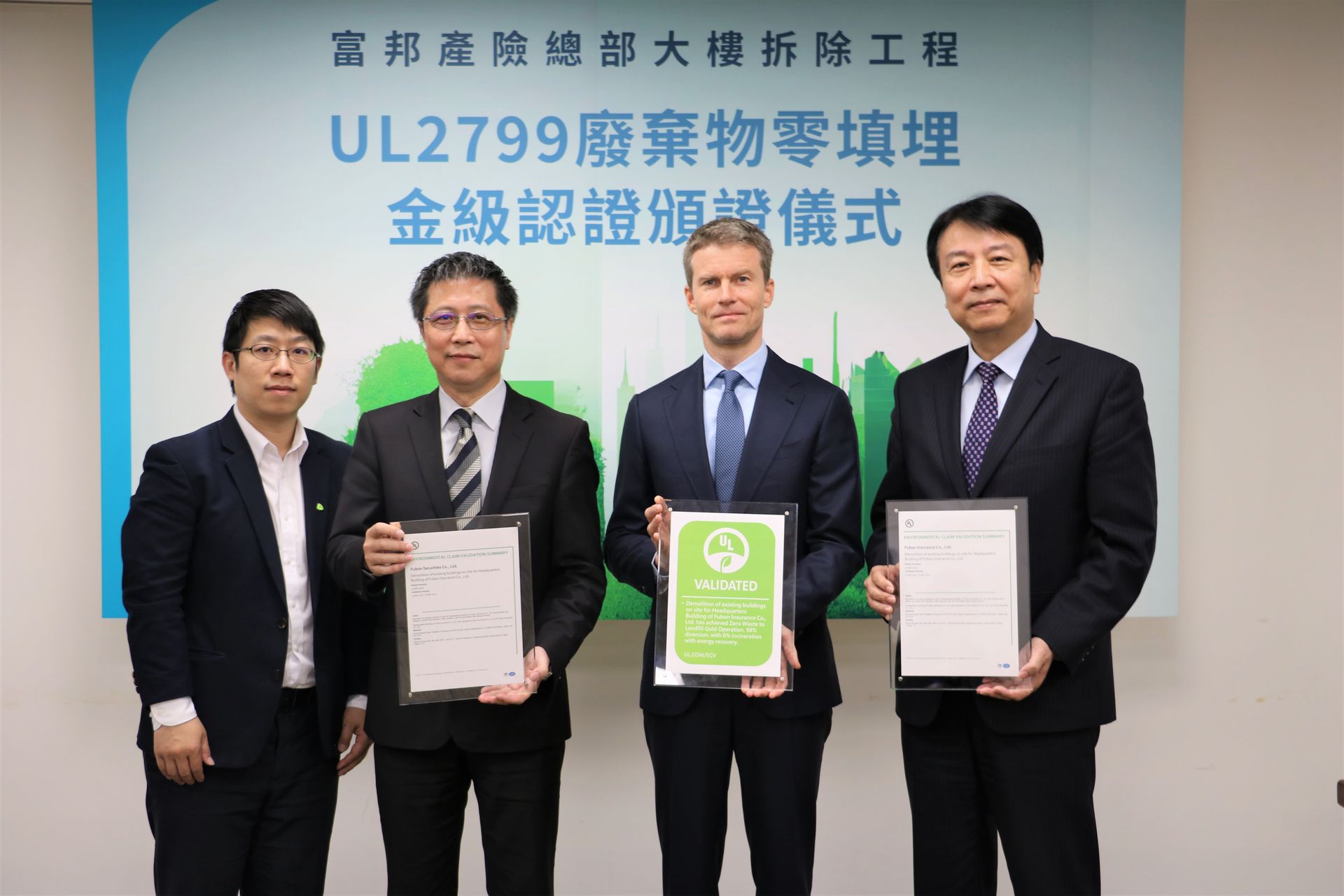ESG Strategy Integration Services
“All risks can be transformed into business opportunities through ESG management.”
– EasyLand Sustainable Design
ESG is an abbreviation of three English words: Environment, Society and Governance. It can be regarded as the three major indicators for evaluating the sustainability and resilience of corporate operations, namely the company's ability to manage risks in the environmental, social and governance aspects, how the company can avoid and reduce the financial risks and impacts that these risks may bring through effective management and transformation, and even turn risks into opportunities to create business opportunities to achieve positive growth and sustainable operations.
Environmental aspects
Environmental
Climate change, energy use, raw material shortages, waste disposal, biodiversity, water supply, various types of pollution, etc.
Social Aspects
Social
Human rights, workplace safety and health, gender equality, education, information security, social welfare for different age groups, medical accessibility, etc.
Governance
Governance
The quality and function of the board of directors, corporate commitment and business ethics, value chain management, organizational fairness and transparency, operating philosophy and accountability, etc.
Global Trends
Climate Change Mitigation and Adaptation
Resource depletion
Environmental/Social/Organizational Resilience
Equator Principles
Principles of Responsible Investment
ESG ratings by investment institutions
Regulations
2050 Net Zero Carbon Emissions Act
Climate Change Response Act
Corporate Governance 3.0
Government procurement and contract selection
Green Finance
Global ESG disclosure regulations proliferate
Image
Participation in domestic and international initiatives
Evaluation and Sustainability Awards
Company reputation
Talent attraction
operations
Talent development and retention
Employee Engagement and Well-being
Value chain/supply chain transformation
Circular Economy/Life Cycle
Sharing Economy
Carbon Tax/Carbon Fee/Carbon Rights
In recent years, the demand for ESG has risen rapidly, and investors have realized that there can be no sound and stable economic development without perfect corporate sustainable development. The economy, environment and society must win-win, otherwise all will suffer.
E-Land itself uses the concept of ESG as its business philosophy. It has been operating in the field of building sustainability for many years, grasping the pulse of global trends, and recruiting experts in various fields to establish a more comprehensive consulting team to provide sustainable building consulting services and expand its business to the entire Southeast Asia region.
01
Corporate Sustainability Strategy
Assist real estate, construction, developers and other related companies to identify their stakeholders and major ESG issues in the industry, customize best practice blueprints, and provide executable guidelines for corporate sustainable development.
02
Sustainable real estate development master planning
Assist buildings, commercial clusters, and parks of all sizes to identify key ESG issues for their stakeholders and provide sustainable guidance from design, construction to operation.
03
GRESB
With investors at the center, we are committed to evaluating the ESG performance of global real estate, so that investors can clearly understand the investment and achievements of each company in sustainable development. In addition, we connect with international reporting standard frameworks, such as TCFD, GRI and PRI, which will be of great help to real estate-related companies in future fundraising and attracting domestic and foreign fund investment.
04
UL2799 Zero Waste to Landfill Certification
It is required that all waste flows be subject to compliance management, inspection and audit to ensure that the waste is properly recycled, reused, transformed and other processes to achieve waste resource utilization.
Corporate ESG and sustainable development strategy service process
1. Current situation analysis
- Understand the drivers of ESG in your organization
- Identifying stakeholder challenges and opportunities
- Identify material issues and define organizational boundaries
2. Sustainable Vision and Blueprint
- Enterprise and Development Sustainability Axis
- Establishment of organizational management structure
- Policy and goal identification
3. Management policy and implementation
- Formulate policies and objectives
- Import management regulations and international standards
- Sustainable Development White Paper Completed
4. Performance monitoring and optimization
- Implement the White Paper
- Track performance and disclose
- Improvements and Fixes
- Sustainable Operation




